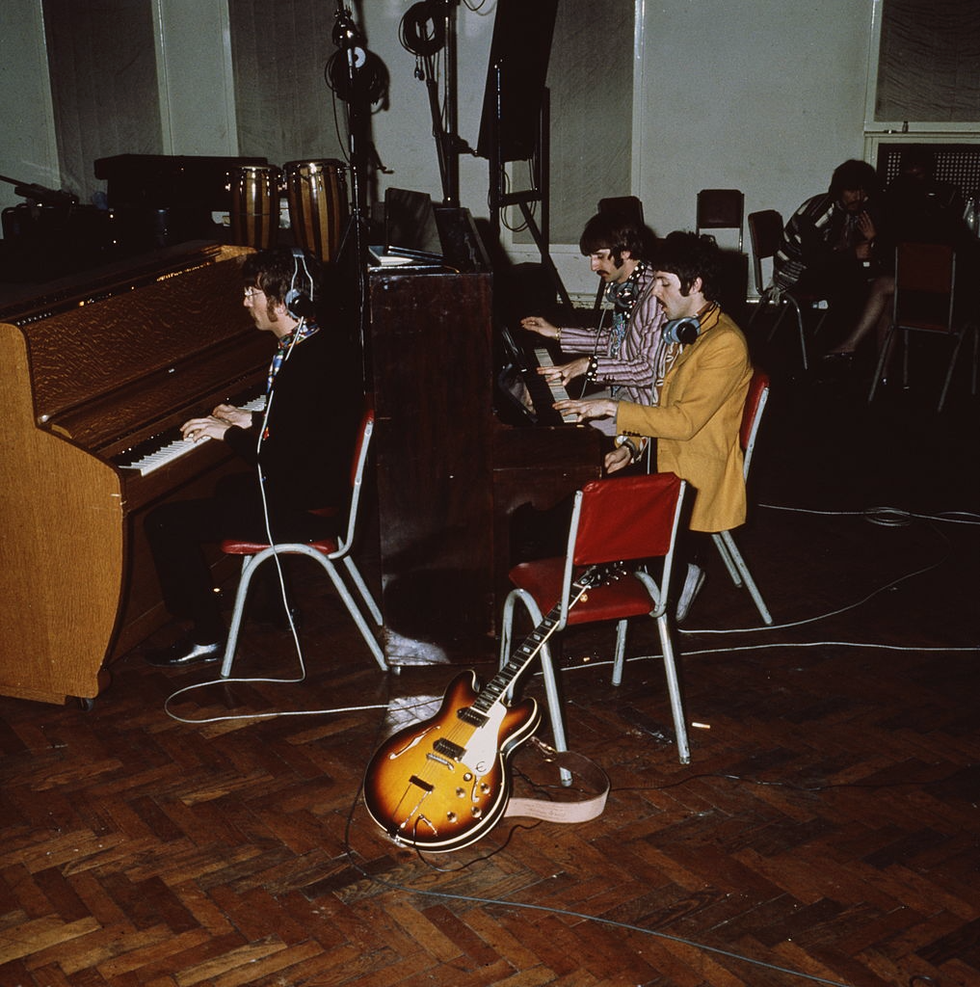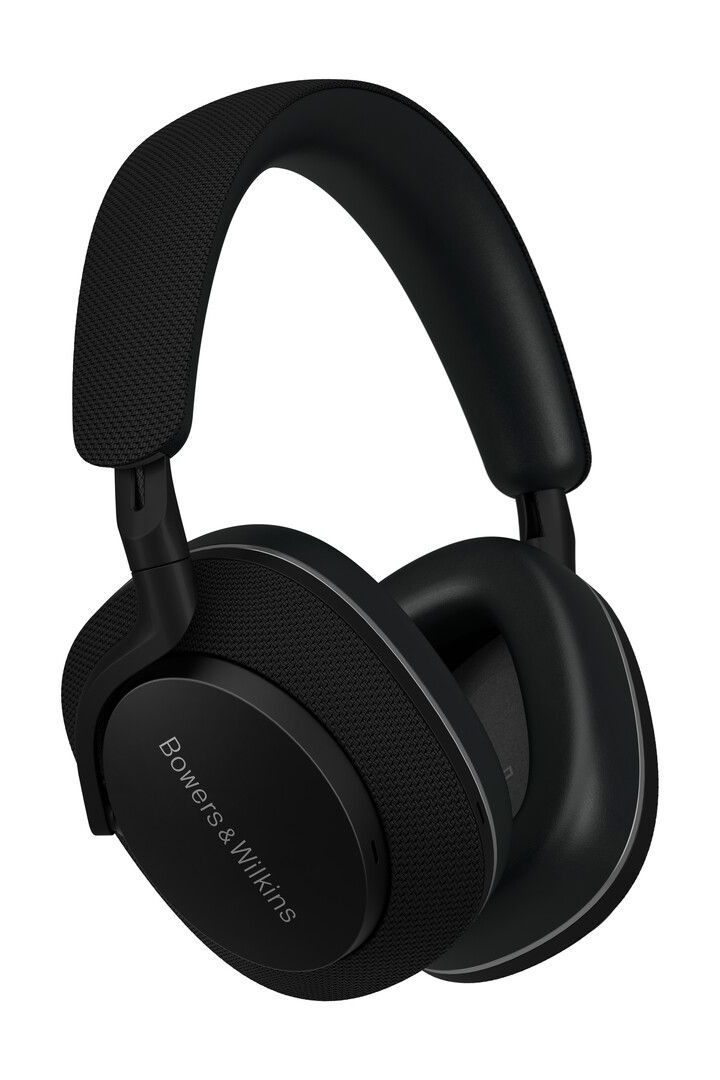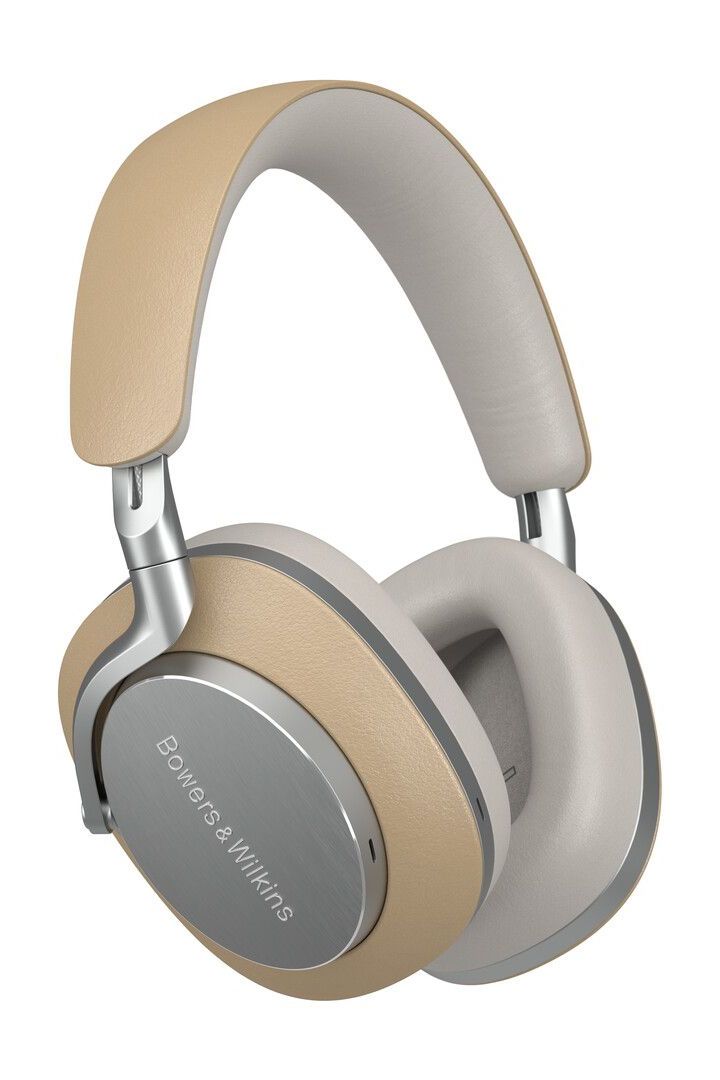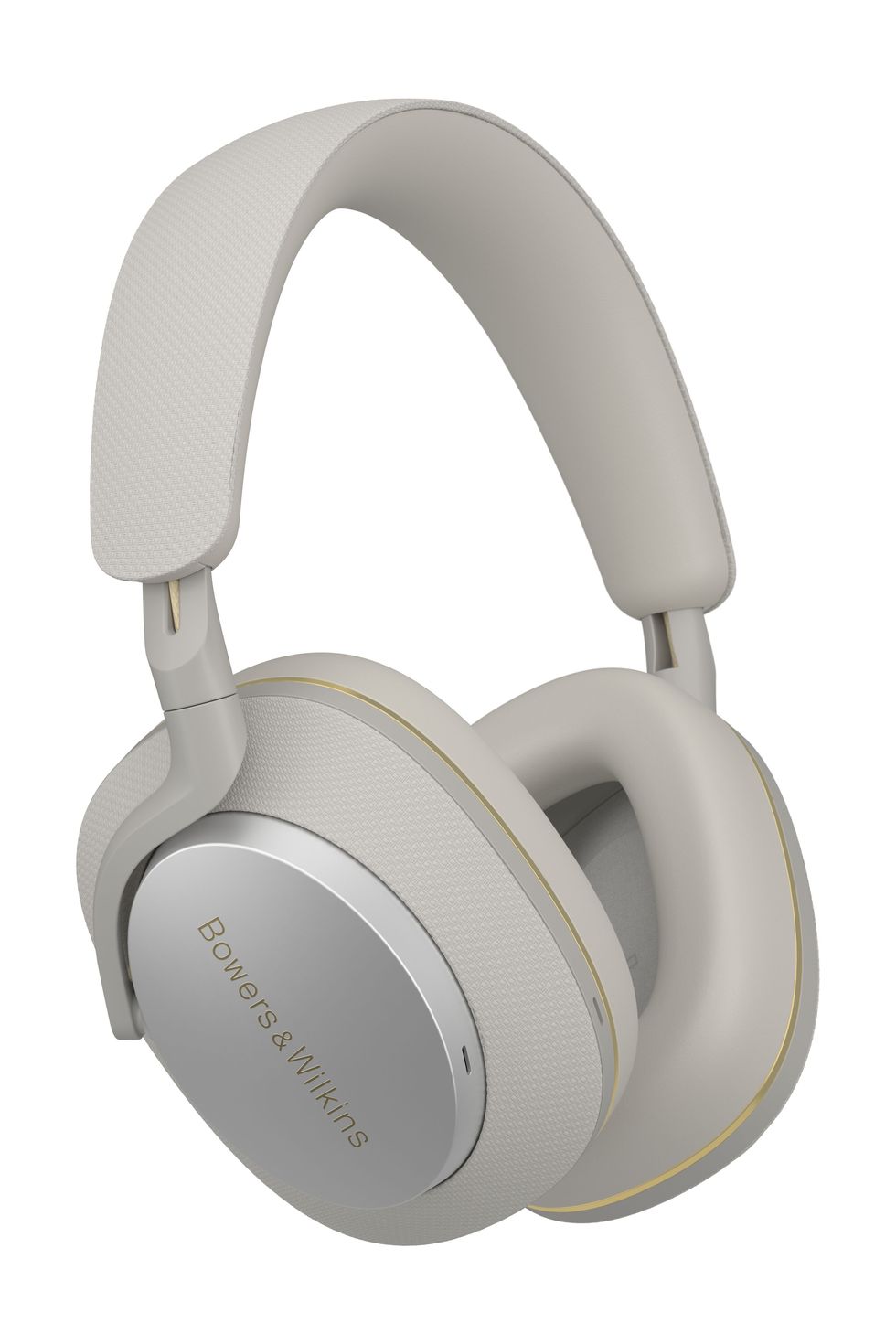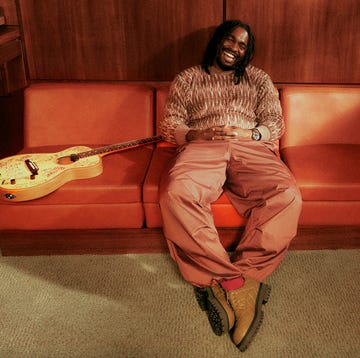The average person listens to more than 20 hours of music a week, according to a 2022 IFPI report. We listen while working, exercising and doing chores, turning to old favourites and curated playlists in an attempt to go harder, better, faster and stronger. But is there a science to using music to fuel our output?
Together with Bowers & Wilkins, the audio experts behind some of the world's leading premium headphones, we spoke to Dr Mimi O’Neill, lecturer in music psychology at the University of York, to find out.
As anyone who’s ever cry-danced to Robyn or queued up some D’Angelo in the bedroom can attest, music can create a powerful feeling. That link between music and emotion is something Dr O’Neill has researched in great depth. “Evolutionarily, the function of music in society is thought to be a sort of social thing,” she explains.
"It's ritualistic, it's linked to religious experiences, sporting experiences, and everything in between. It bonds us, through facilitating synchrony of action – if there's a beat, we can do things together more easily – and through affective states, so emotions.”
Dr O’Neill says that basic emotions – happiness, sadness, fear, disgust and anger – can be communicated through things like key, tempo, changes in pitch or shifts in dynamic. But often the feeling created by music happens on an “almost person-specific” level.
“It can be societal, so things like national anthems," she explains. "But on a personal level, maybe your grandma played you a specific piece of music that now makes you feel nostalgic, or maybe you heard a song after a break-up, and that will then make you feel sad."
Best music for working
Beyond emotion, music can help with focus and output. But while some may recommend classical for concentration and EDM for a boost at the gym, Dr O’Neill says it’s not quite as simple as that. “It’s subjective, it depends on the person," she says.
Preference is a huge factor – there's no point in listening to genres or tracks that you don't enjoy if you're hoping to feel the benefit of music. So too is familiarity – both how well you know a piece of music, and whether the task is one you’ve done before. “If the the task is more demanding and less familiar, music is less helpful, it distracts you more," says Dr O'Neill. "If the task is easy, music facilitates a kind of flow state."
There's also a self-fulfilling quality to the act of listening to music while working. “If you want to focus on something, and you put music on to help you focus, it will help you focus. Your goals actually are really important in terms of the music you're choosing, that memory association thing is important, so if you associate music with focus, then it puts you in that frame of mind.”
Best music for exercising
At the gym, there’s evidence that a higher BPM could help you smash your PBs. Research by academics from Brunel University London and the University of Southern Queensland, Australia in 2022 found that a fast tempo “yielded a stronger performance benefit” and that listening to music can reduce perceived exertion – making things feel easier. They even found evidence that listening to music while exercising can “exert a small but significant benefit on oxygen utilisation”. So whether you prefer Kendrick or Taylor, make sure you queue up some bangers before your next workout.
Best music for reading
There is evidence to suggest that when reading or revising, instrumental music is best. “If you’re reading a lot of information and listening to music with lyrics, they’re using the same sort of cognitive functions,” says Dr O'Neill. Listening to a favourite film score could be a good place to start, “as it has those good feelings associated with it, without having the distracting elements or lyrics.”
How to listen
Whatever you’re trying to focus on, the way you listen is crucial. “If you're listening by yourself, and working on a dissertation or whatever it is, then music will benefit your focus,” says Dr O’Neill. “If there are others around you, the music acts as an additional distractor.”
One way to zero in on the music is with Bowers & Wilkins' class-leading wireless over-ear headphones, powered by audio technology perfected over 55 years. Bowers & Wilkins is responsible for some of the world’s finest high-performance loudspeakers, engineered to deliver sound that's true to the recording and the artist's intent. They've been (and continue to be) used by the likes of Abbey Road Studios in the making of some of history’s most iconic albums, and this same expertise and technology can be found in every pair of the brand's headphones.
Both the entry-level Px7 S2e and the flagship Px8 headphones deliver high-resolution audio driven by 24-bit processing, with advanced noise cancellation that reduce distractions and interruptions. The Px8, the most advanced headphones ever made by Bowers & Wilkins, deliver pristine sound using 40mm carbon cones that capture nuances missed by other headphones. Both models boast 30 hours playback and memory foam earpads, helping you to get into the zone comfortably – and stay there.
Hear music as it was meant to be heard. Visit Bowers & Wilkins for more.




